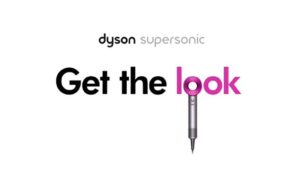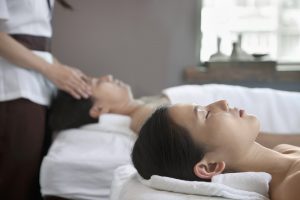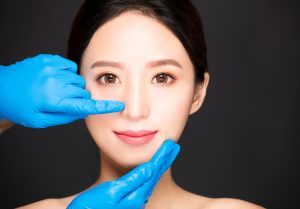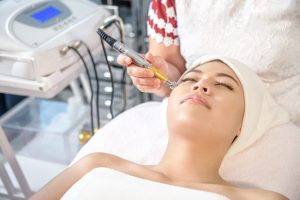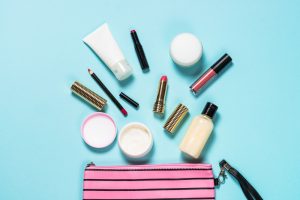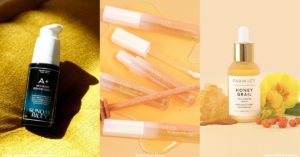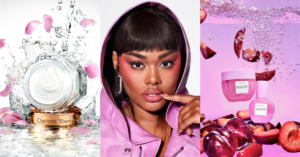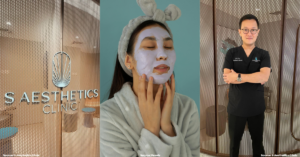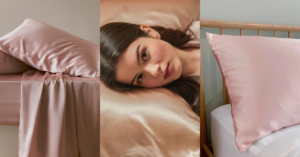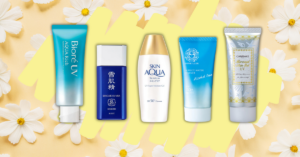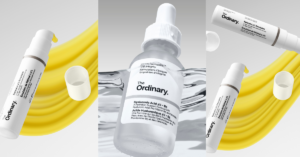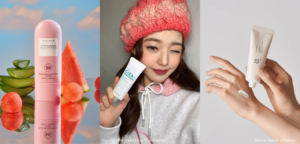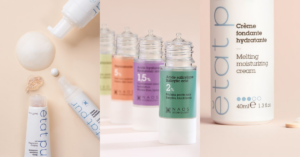Skincare
12 Simple Changes That Can Help Prevent Breakouts
One out of two women get adult acne: tiny breakouts on the forehead or chin, white heads and blackheads, and...
By: Dedet Panabi / July 12, 2019
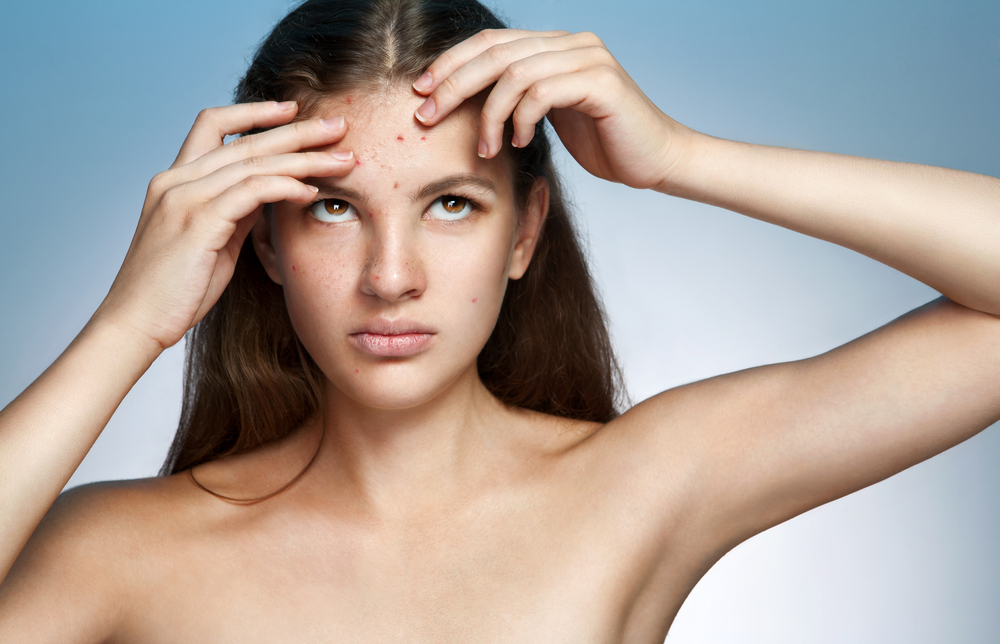
One out of two women get adult acne: tiny breakouts on the forehead or chin, white heads and blackheads, and the occasional swollen pimple on the forehead or chin.
Unfortunately, persistent acne is as much a part of adulting as paying the bills. According to the International Dermal Institute, it’s a combination of hormones, age, medications like birth control, stress and lack of sleep, diet, and genetics.
Luckily, daily habits can make a huge difference. Here are some very small, simple changes that you can make that can help prevent acne and keep your skin clear and blemish-free
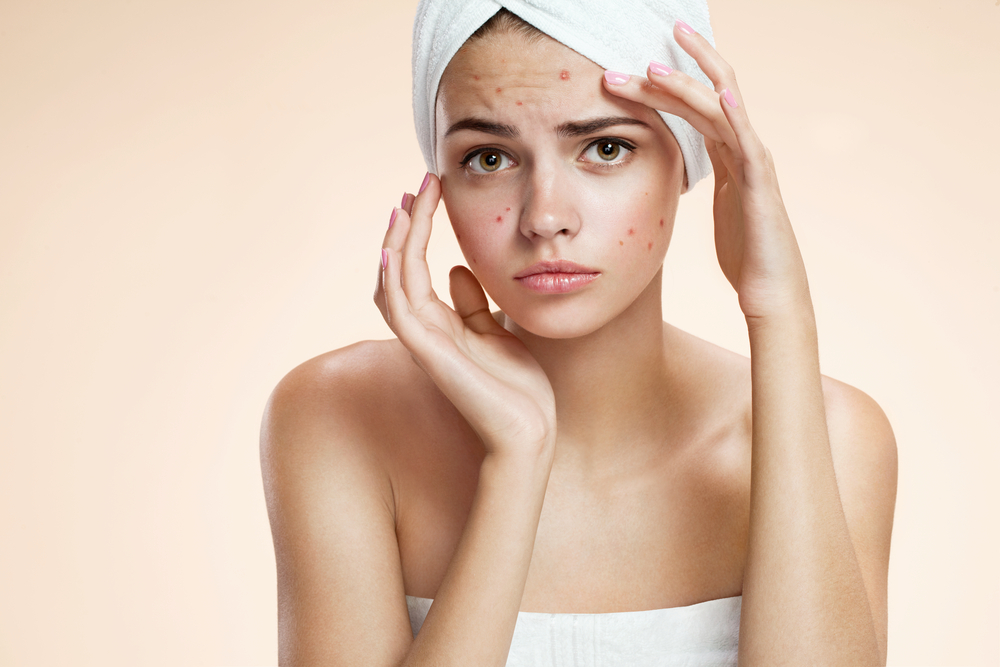
Contents
Stop touching your face
Big, swollen pimples happen when a clogged pore gets infected by acne-causing bacteria. Most of that bacteria comes from our own fingers, when we absent-mindedly touch our face in the middle of the day. Imagine this: there’s more germs on your mobile than on a toilet seat, and even more on subways and cafeteria tables. But how many times do we brush hair away from our forehead, or rub our chin when we’re thinking?
Consciously keep your hands away from your face. That little habit can already prevent a lot of pimples on your chin and forehead. You should also disinfect your phone, computer keyboard and office table regularly — it prevents breakouts and lowers your risk for colds and flu, too!
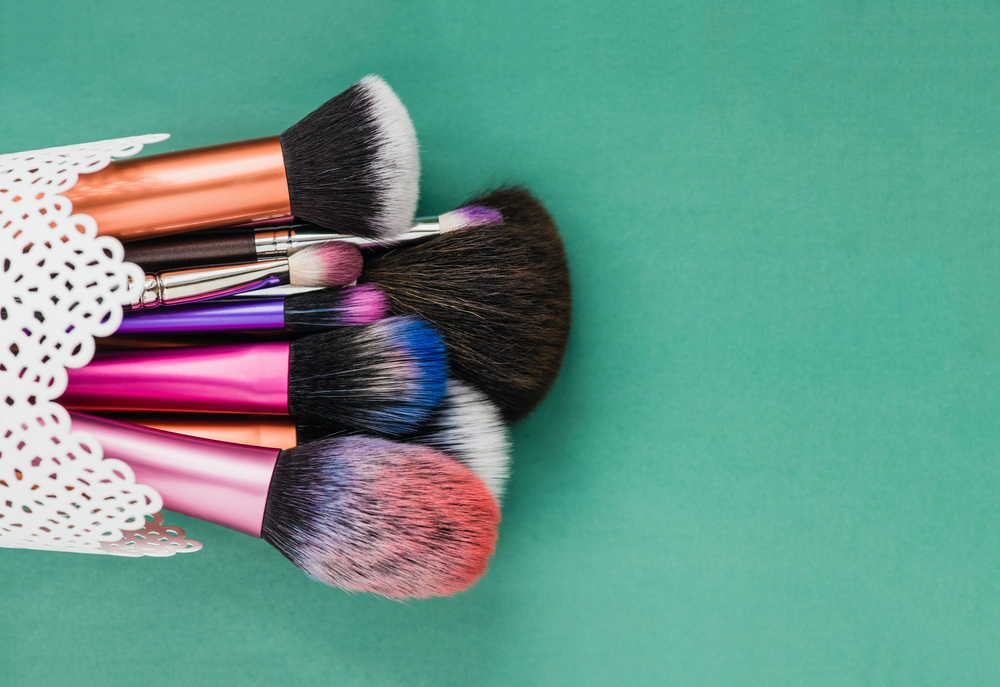
Wash your makeup tools regularly
Makeup sponges and brushes can quickly breed bacteria because of the moisture content in cream products. Spritz brushes with a brush cleaner after each use, and clean all your makeup tools with warm soapy water every week. This not only prevents acne, but will even help your makeup look better. Dirty brushes and sponges don’t apply makeup evenly, and the colours can look muddy.
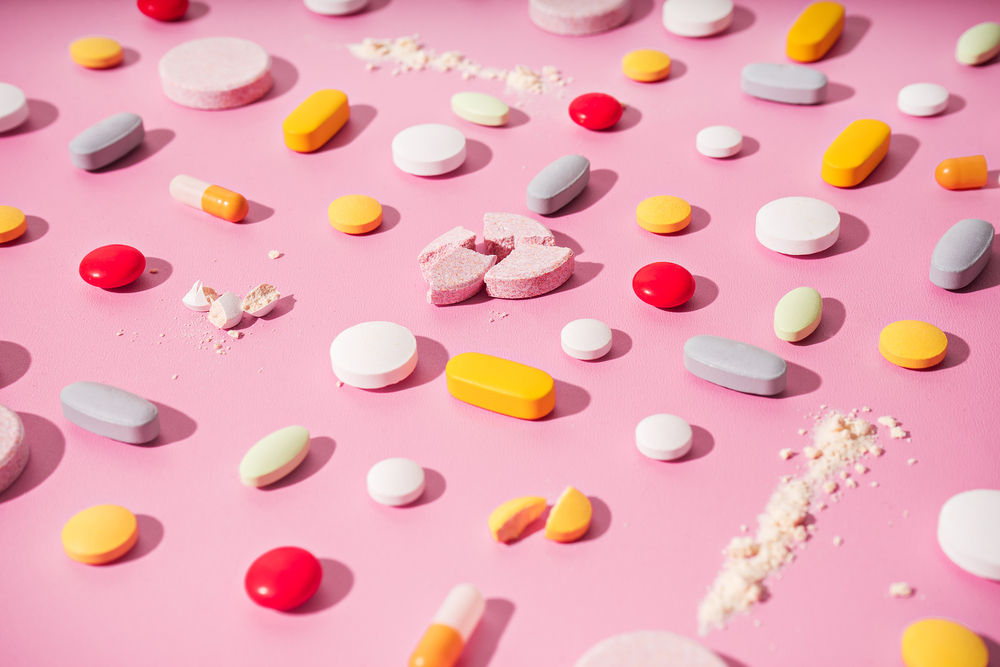
Take an acne supplement
Aside from eating lots of fruits and vegetables, you can add an acne supplement with clinically proven ingredients that lower your risk for breakouts.
One super nutrient is zinc. It is one of the best nutrients for fighting acne, because of its ability to kill bacteria and prevent inflammation and redness. In fact, there are many independent clinical studies on zinc as an effective form of acne treatment. One 2012 study found that it was especially good at controlling bacterial acne, while numerous other studies found it lowered oil production, redness, and swelling.
Oral zinc supplements are also more effective at controlling acne than topically applied products. So if you get regular breakouts, consider adding an acne supplement to your skincare routine.
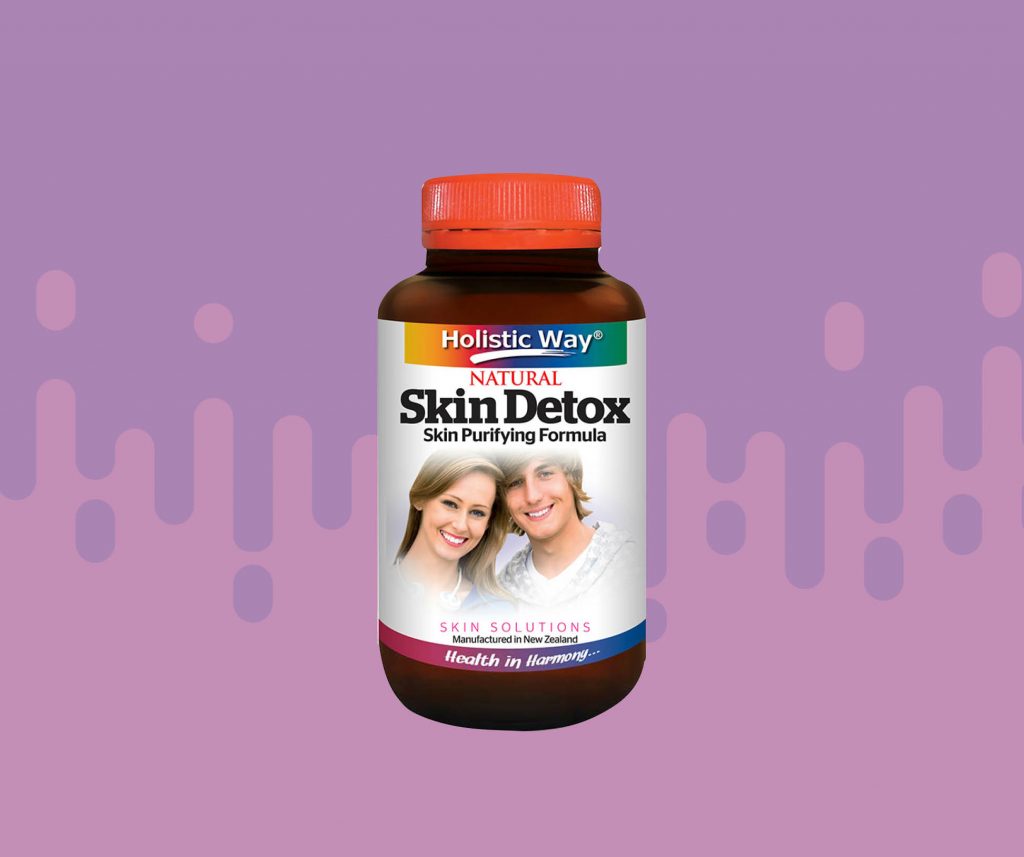
Beauty Insider recommends Holistic Way Skin Detox. Aside from zinc, it also has chaste berry, which can help control estrogen (one of the hormones that can cause breakouts, especially during that time of the month) and regulates estrogen and progesterone balance. If you tend to get breakouts during your period, or when you’re stresssed, this may be the key to your acne cure.
Holistic Way Skin Detox also contains burdock root. This natural herb detoxes your body and kills bacteria, and can help control both face acne and body acne.
Cut down on sugar
Sugar and high glycemic diets have been linked to acne breakouts, because of the way they affect your hormone levels. Sugar isn’t just found in sweet food, either. There are a lot of hidden sugars or carbs in fruits, salad dressings, drinks and energy bars. Another reason to lower your sugar intake: sugar breaks down your collagen levels. Pimples, wrinkles, not to mention a higher risk for a diabetes? Suddenly that cupcake isn’t so appealing anymore.
Keep a food diary
Use a food app that automatically lists the sugar, oil, salt and calorie content of popular food. While the link between diet and acne is hotly debated among dermatologists, there’s no harm in taking that simple step to monitoring how your diet affects your skin condition. Some people are more sensitive to sugar, while others are more sensitive to oil or salt. It pays to do your own personal research on what works for you, and what doesn’t.
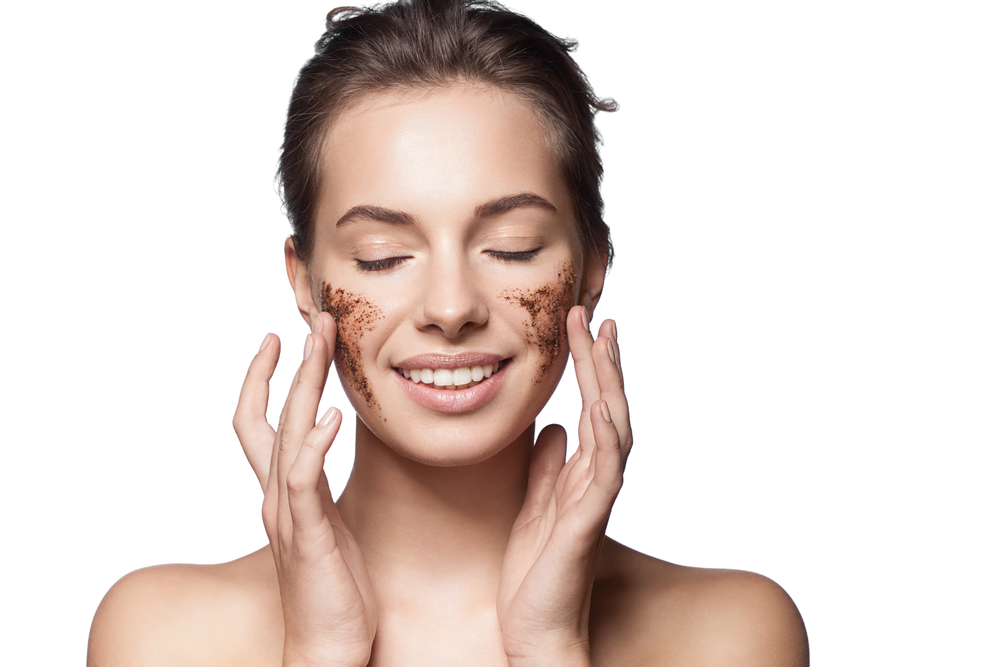
Don’t overcleanse
The key to cleansing is balance: it should remove dirt, but not damage or dry out your skin. That’s why it’s important to look at your total beauty regimen when you pick a facial wash.
What are the ingredients in your other skincare products? If you have a toner and cream that contains exfoliating ingredients like AHAs OR BHAs, or are on prescription acne treatments with retinol, then avoid a cleanser that has harsh scrubs and acids. If you use a facial brush like Clarisonic, or are getting chemical peels at a clinic, you also need to avoid overexfoliating. (Read more about how some bad anti-acne skincare habits can ruin your skin.)
Also pay attention to your skin. Is it red? Does it sting when you apply skincare products? Those are signs that your skin needs a gentler, milder cleanser.
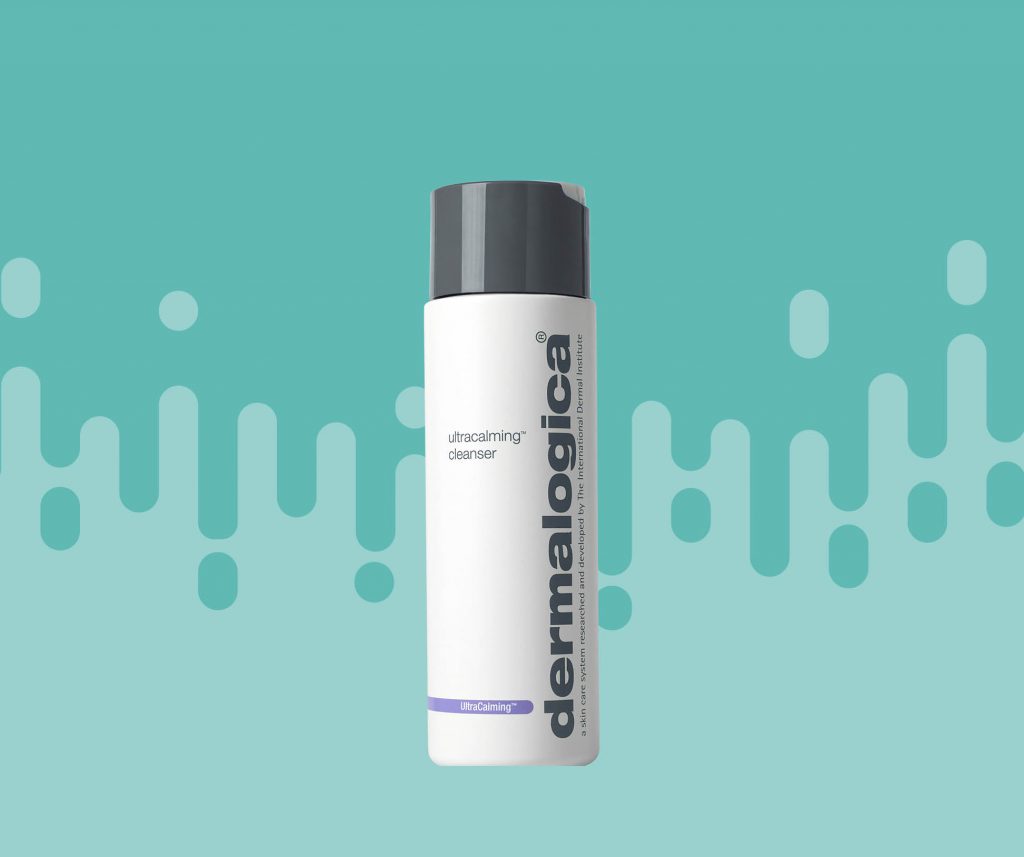
We recommend: Dermalogica UltraCalming Cleanser. This is a very gentle cleanser that is PH balanced and removes all dirt and residue without drying out your skin.
Just rub it into the skin and then wash or wipe it off. “My dermatologist actually recommended this after I got laser treatments. She says it’s one of the best cleansers for sensitive skin! I never stopped using it! It cleans so well and it doesn’t make my skin feel dry,” says one beauty review.
Even if it’s gentle, it’s still very effective. It contains ingredients that heal and protect your skin from environmental damage from pollution and climate. It contains natural plant extracts that fight inflammation, such as lavender, echinacea and raspberry. Your skin is cleaner… and calmer!
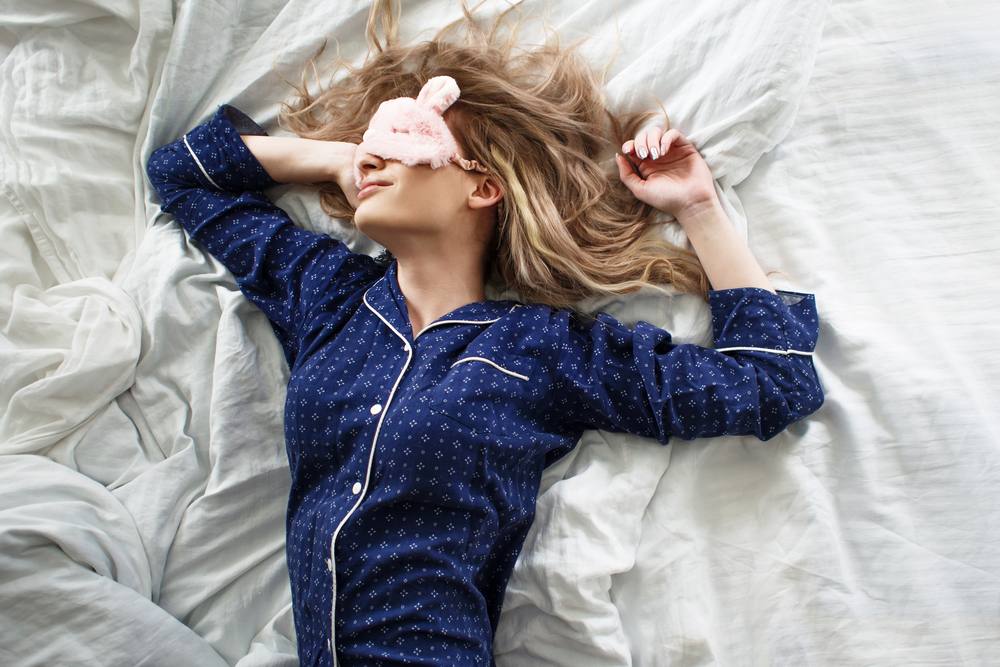
Get more sleep
Even just getting one or more extra hours of sleep can make a huge difference! A Japan study found a strong link between acne breakouts and lack of sleep. Plus, your skin renews itself when you sleep, so those late nights will slow down your skin’s ability to grow new healthy cells and repair damaged tissue.
If you have trouble getting quality ZZZs, check out our tips on the best sleep apps to conquer insomnia.
Get a good makeup remover
We know: sometimes we’re too tired to really wash our face at night, too. But makeup (and heavy creams like sunscreen) can clog up pores if you leave it overnight. Even BB creams or brightening primers contain silicones that can sit on the skin and clog up pores!
So don’t skip this step or short cut it by just using a makeup wipe. You need a makeup remover that can break down oils in your beauty products.
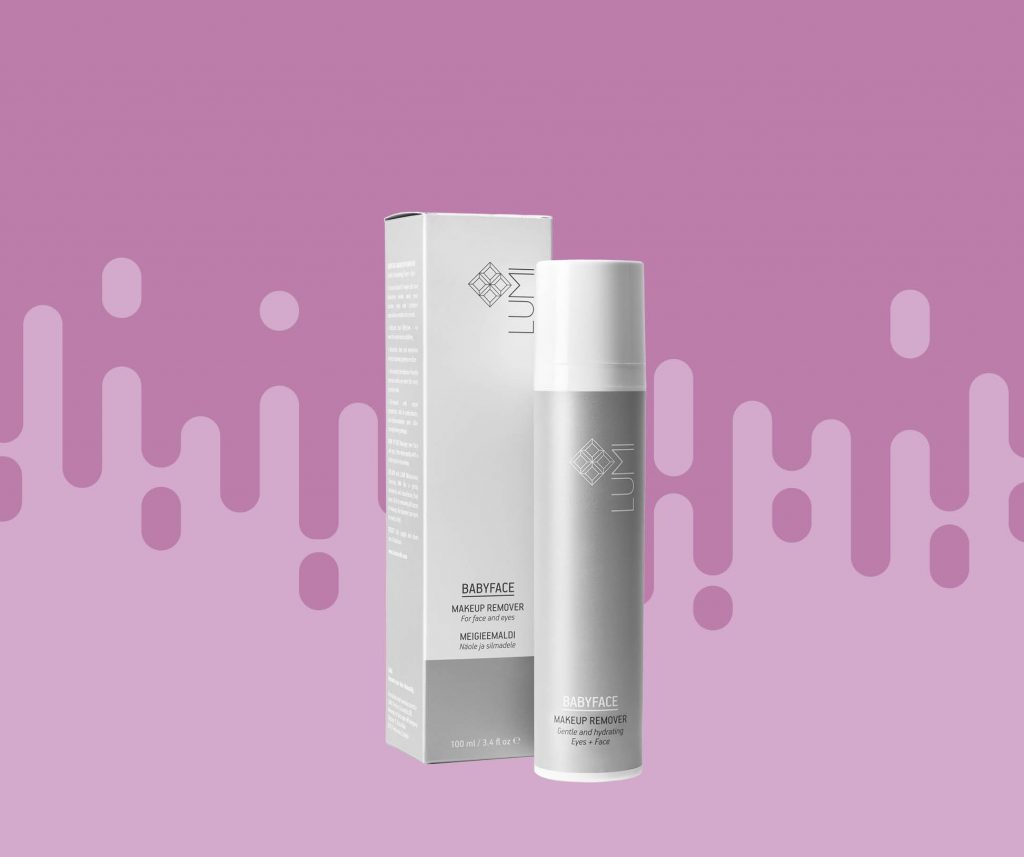
We recommend Lumi Babyface Makeup Remover. This is a very gentle makeup remover that uses vegan oils and bioactives that clean and nourish your skin at the same time. Even mascara and creamy foundations melt within seconds, so you don’t have to rub and irritate your skin!
It is also all natural and vegan, and contains no artificial fragrances that can trigger breakouts. You can even use it around your delicate eye area, even if you have sensitive eyes or wear contact lenses.
This award-winning makeup remover is packed with antioxidants and anti-inflammatories to make your skin stronger and healthier. And fi you have oily skin or hate the greasy texture of some cleansing balms, don’t worry — it doesn’t feel greasy at all!
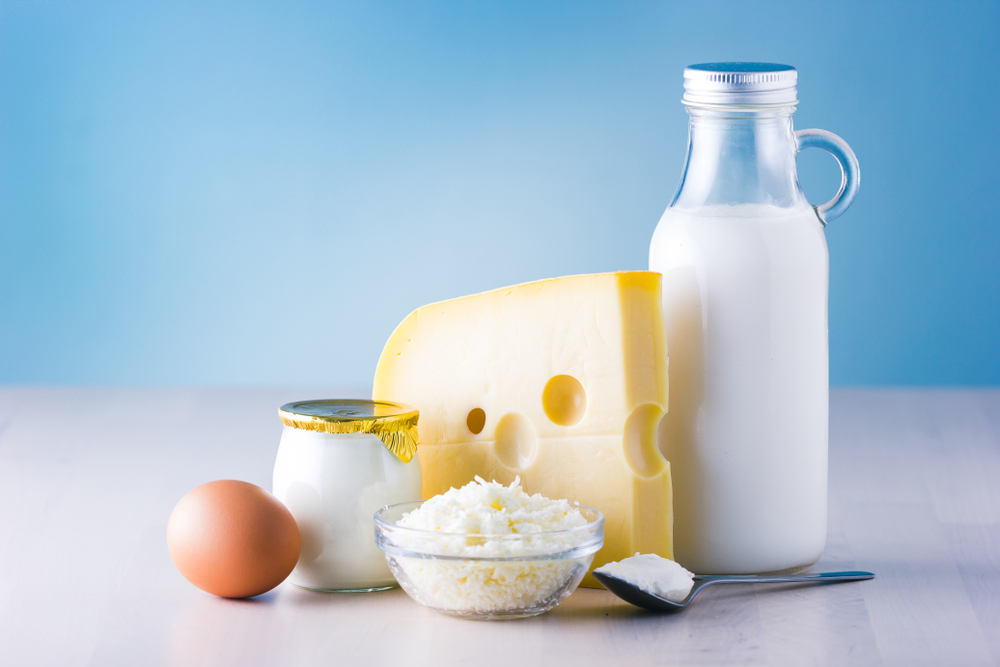
Cut down on dairy
Several studies link high dairy intake with acne breakouts. That’s because milk and cheese have proteins that can trigger inflammation. Try removing dairy products from your diet for a month and see if your skin improves.
Use an anti-acne face mask
We’re a huge fan of face masks here at Beauty Insider — they’re the easiest way to treat yourself (and your skin) after a long day!
If you have acne-prone skin, be sure to include a hydrating and soothing mask — especially after you do any clay mask.
“While clay masks are really good at clearing out your pores, they’re very drying. One of the best skincare routines is applying a very moisturizing sheet mask after exfoliating or purifying your skin/ Since your pores are open, the sheet mask’s nutrients are absorbed very quickly,” says dermatologist Anna Sy.
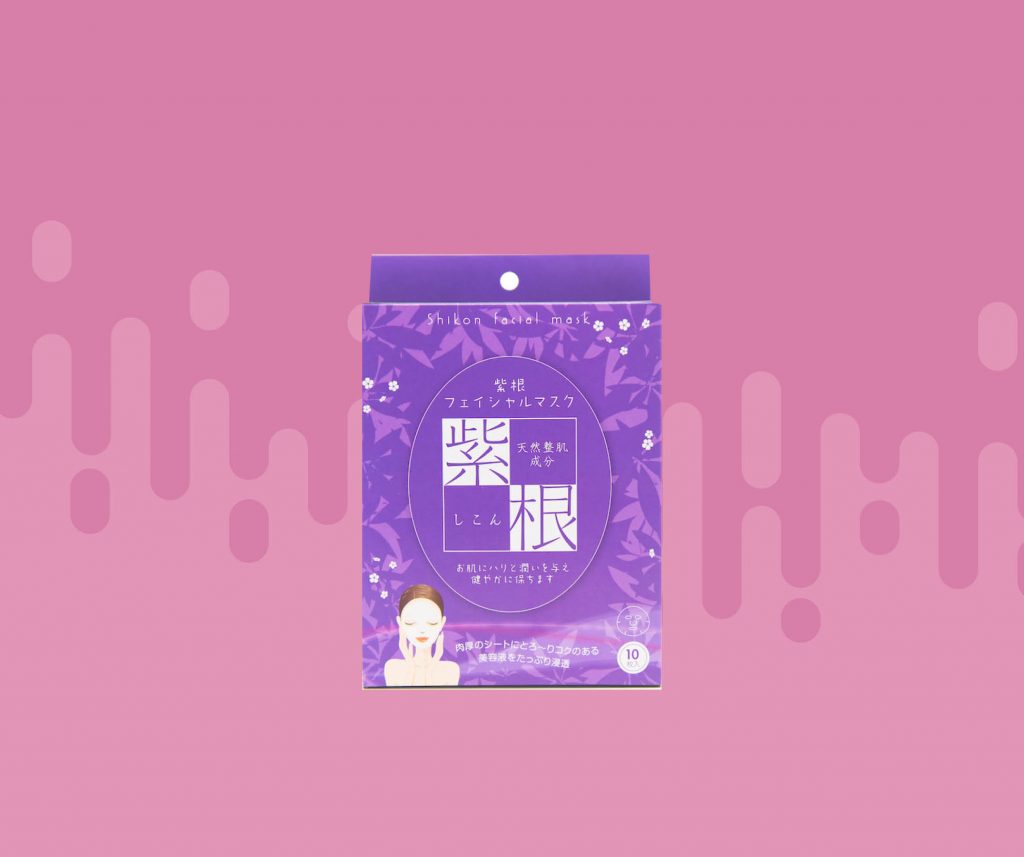
We recommend: S Labo Shikon Face Mask. It contains a very soothing Japanese herb: lithospermum. This has been used in traditional Asian medicine to heal the skin. The herb is rich in shikonin, a natural anti-inflammatory and anti-microbial.
Use this face mask whenever your skin feels red, dry and itchy. It can also help with those swollen, painful pimples (swelling is a sign that a pimple is infected).
Aside from targetting acne, the Shikon Face Mask can plump up the skin, minimizing fine lines and wrinkles. Not only will your face feel fresh and soft, but your skin will look rejuvenated and radiant.
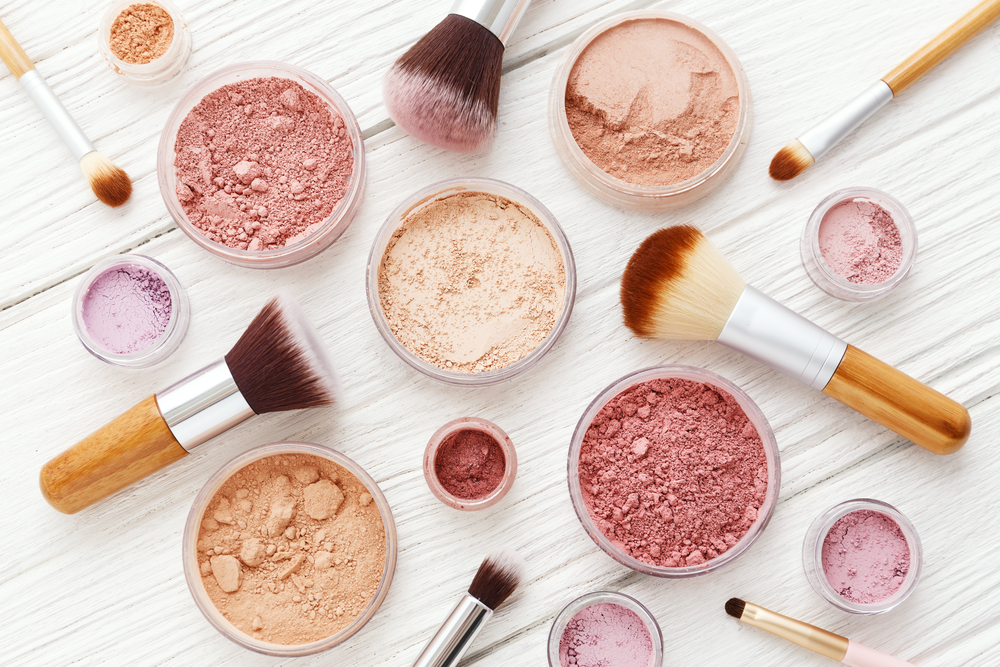
Change your makeup
We don’t need to tell you that you should get non-comedogenic and non-acnegenic makeup. But there are other things that can trigger breakouts. You may be sensitive to certain fragrances, preservatives, emollients or silicones in your foundation or primer.
Try using another foundation, or buying one that’s specially formulated for acne-prone skin. You can also look into mineral makeup, which doesn’t have emollients or preservatives in cream or liquid products.
Get a facial
Stop picking at your blackheads and whiteheads and let a professional do it! See a Singapore dermatologist for a deep-cleansing facial. Click to go to our directory of Singapore skin clinics to find one near you!
Beauty Insider recommends

